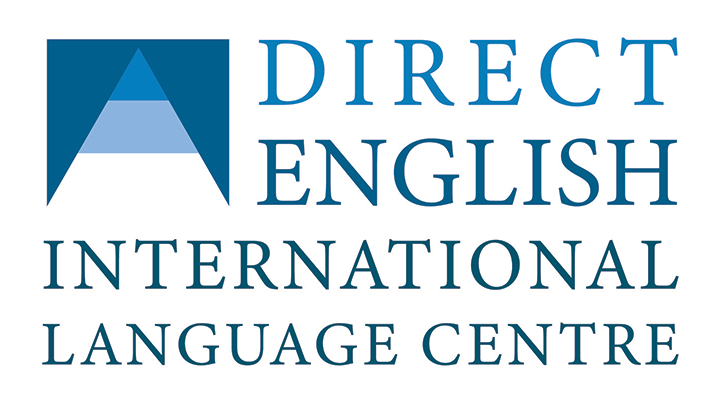There is nothing quite like learning a second language. Or even a third or a fourth. The level of freedom it provides when interacting with people from other cultures, tearing down barriers of communication and facilitating friendships, trade, and understanding is a beautiful thing.
However, if you’ve ever had to learn a second language (or a third or a fourth) there is a common frustration that typically arises – that being the grammar structure. Whether it be English, Bahasa Melayu, Afrikaans, Arabic, French or Russian, the insanity and inconsistency in grammar structure is by far one of the hardest parts of learning a new language.
For native English speakers, sitting in a middle school classroom as your English teacher writes notes upon notes on the whiteboard on how to use the preposition “behind”, and explain in excruciating detail what conjunctive verbs and clauses are, is a common experience. While the theory is extensive and annoying, native speakers are still at the advantage of having lifelong experience in inherently understanding the language; but the application of English grammar when teaching 2nd language learners divines upon one the realisation that much of English grammar is violently wasteful.
When I first arrived in Malaysia, I began studying Bahasa Melayu. Upon commencement of this study (my first time learning a second language properly), I came to the realisation that English is a really difficult language in comparison to others. This isn’t to say Bahasa Melayu is easy, but it’s application of grammar is far less excessive than English. There are no definite or indefinite articles in Bahasa Melayu. Furthermore, there aren’t exactly tenses in conversational Malay. In contrast, the English language has nearly a dozen – simple past/present, present/past perfect, present progressive, past progressive, past perfect progressive, present perfect progressive, and then all the future tenses. It’s absurd!
As a further example, in South Africa, one of the 13 official languages is Afrikaans (yes, 13, they couldn’t decide). This is an extremely difficult language to learn – it’s a combination of Dutch, German and English, and follows a grammar structure of SV1OMPV2I, which translates to Subject, Verb 1, Object, Manner, Place, Verb 2, and Infinitive. For new learners to the language, this is a nightmare.
And, while not necessarily grammatic, it is also important to note the languages with feminine and masculine vocabulary. French, Spanish, and Italian are the most notorious perpetrators of this memorisation ordeal, requiring learners to remember whether or not an apple is female-coded.
This is ultimately to say that our wonderfully globalised economy and society somewhat shot ourselves in the foot when the lingua franca for commerce and communication is English, one of the hardest languages to learn. Due to that, I have nothing but respect for those who undertake English as a second language, especially those whose first language is structured vastly differently.
None the less, a second language is invaluable. It provides a great new perspective on a culture, and if the majority of media and business is conducted in that language, it is unfortunately a survival tool in order to get ahead. That being said, never be afraid to ask for help with grammar – not even most natives have the full grasp on it after all.

Olivia Crowther
Native English Teacher, South African/British National

